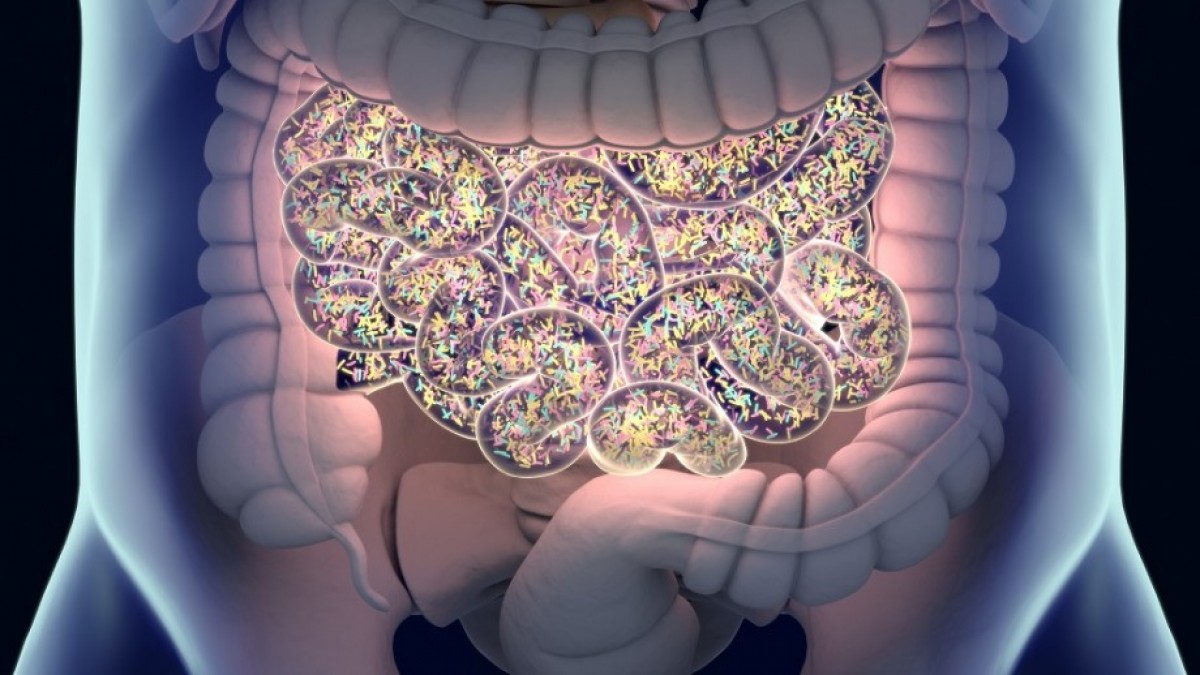The gastrointestinal system is made-up of bacteria, also known as the microbiome. When the microbiome is in balance, it supports overall health and wellbeing.
Dr Purnima Bhat, Gastroenterologist at the Canberra Hospital and Australian National University (ANU) School of Medicine and Psychology explained, “The intestinal barrier separates the microbial environment of the gut from the rest of the body.”
“Research shows that impaired gut function is linked to almost every disease including mental health disorders such as Alzheimer’s disease, anxiety and depression.”
“There are several mechanisms that have been proposed for how the intestinal barrier becomes disrupted and causes leaky gut, but it seems most likely to be caused by conditions that produce inflammation. These include gut inflammatory states such as inflammatory bowel disease, but could also be from generalised inflammation such as pancreatitis and liver disease,” Dr Bhat said.
In a new research project funded by the Australia-India Research Collaboration Unnati Grants, Dr Bhat along with a team of clinical researchers at the Asian Institute of Gastroenterology in India will identify reliable biomarkers for leaky gut and develop a test to be able to identify those biomarkers in patients.
“We use some clunky and not-so-accurate tests in research to establish that the gut is leaky, but we currently have no way of assessing it at all in patients that can be used on a regular basis to see if the leakiness is getting worse or better,” Dr Bhat explained.
Without reliable testing, it is difficult to determine how many people actually have leaky gut. However, it is known that gut leakiness can affect anyone at any stage of life.
“From earlier studies, we have identified a group of proteins in the blood that are likely to go up when the gut becomes leaky. These proteins from the bacteria, the body’s immune system, and the cells of the gut, appear to be elevated in these patients.”
“One of things that will help us create a universal test is that we know that the proteins that have been identified are from patients from different backgrounds and countries pointing to the fact that the proteins are universal biomarkers.”
“We will test for these markers in the blood of patients with severe liver disease and pancreatitis, and healthy control subjects, in our upcoming research. We will test the patients as they progress through their hospital stay to see if their markers improve as their clinical conditions improve.”
“Once we are able to create a test, we can assess disease severity, response to treatment and develop targeted therapies providing a holistic and patient-centred approach to care. This could be a significant game-changer in how we manage patients with leaky guts,” Dr Bhat advised










